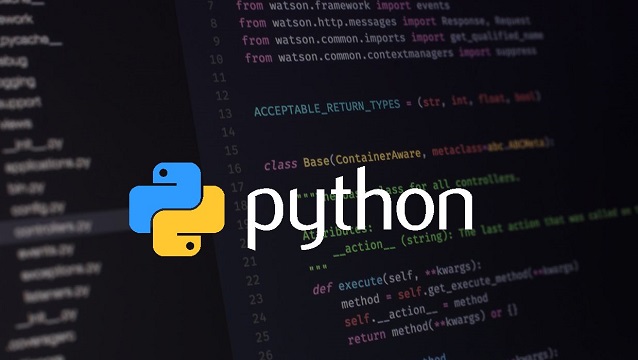Websites are no longer an option in today’s marketplace; they are an absolute necessity if you want to succeed in business. It only makes sense, then, that web development has become one of the most sought-after skills in the job market. Unfortunately, web development languages are not created equal. Some are easy to learn but difficult to use, while others are difficult to learn but easy to use.
1) Python
Python was developed in 1991 by Guido van Rossum, who created it for his own personal use. He designed Python to be easy to read and learn, unlike many other programming languages. It’s also one of today’s most popular web development languages, powering sites like YouTube and Reddit. As a general-purpose language that supports object-oriented coding, Python can also be used as a scripting language for software applications. Because of its versatility and general-purpose uses, Python is ideal for anyone just getting started with web development or anyone looking to expand their skill set beyond HTML/CSS design.
In terms of functionality, Ruby offers more advanced features than Python – which keeps learning curves shorter – but it may not suit programmers who prefer something simpler.
2) Ruby
Ruby (programming language) Ruby, commonly just Ruby, is a dynamic, reflective, object-oriented, general-purpose programming language. It was designed and developed in 1995 by Yukihiro Matz Matsumoto in Japan. Though similar in syntax to Perl and Python, it sports a completely different underlying semantic model.
3) Javascript
Javascript can be used for both client-side and server-side web development, but it has a slightly more prominent position on the front end. It’s not yet considered a replacement for ruby or python, but it’s worth considering if you only need to do some light programming on your website.
Javascript also benefits from being universally supported by all modern browsers, so there’s less of a barrier to entry than with some other languages.
4) PHP
Though many will argue that PHP (and its associated web-development framework, WordPress) isn’t a real programming language, it is undoubtedly one of the most popular choices among web developers. Additionally, PHP powers some of today’s biggest and most complex websites—including Facebook and Wikipedia. The main reason: PHP doesn’t require you to compile code into machine language; instead, it processes each line as you type.
Read also our content in Website Development Process: Full Guide in 5 Steps.
